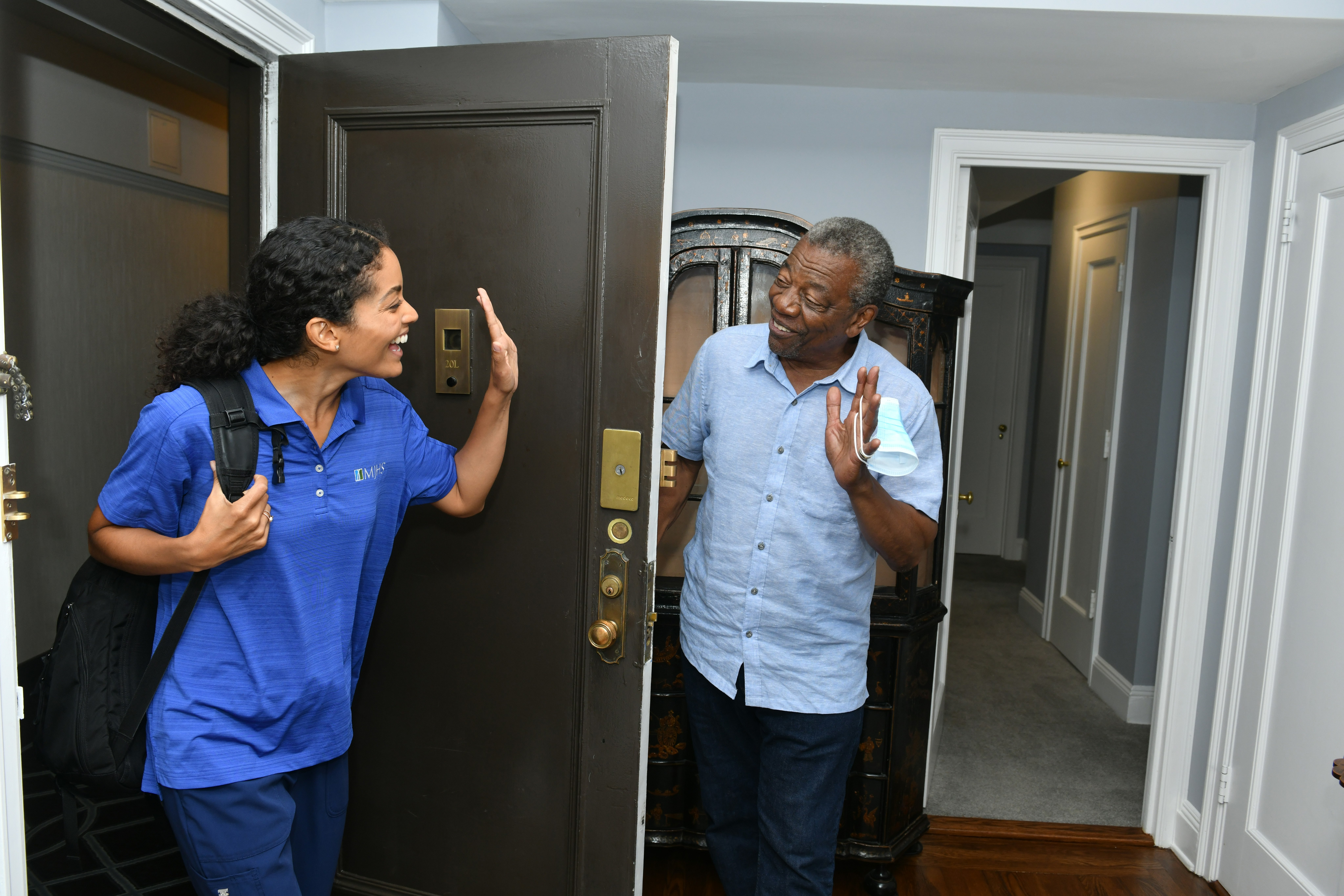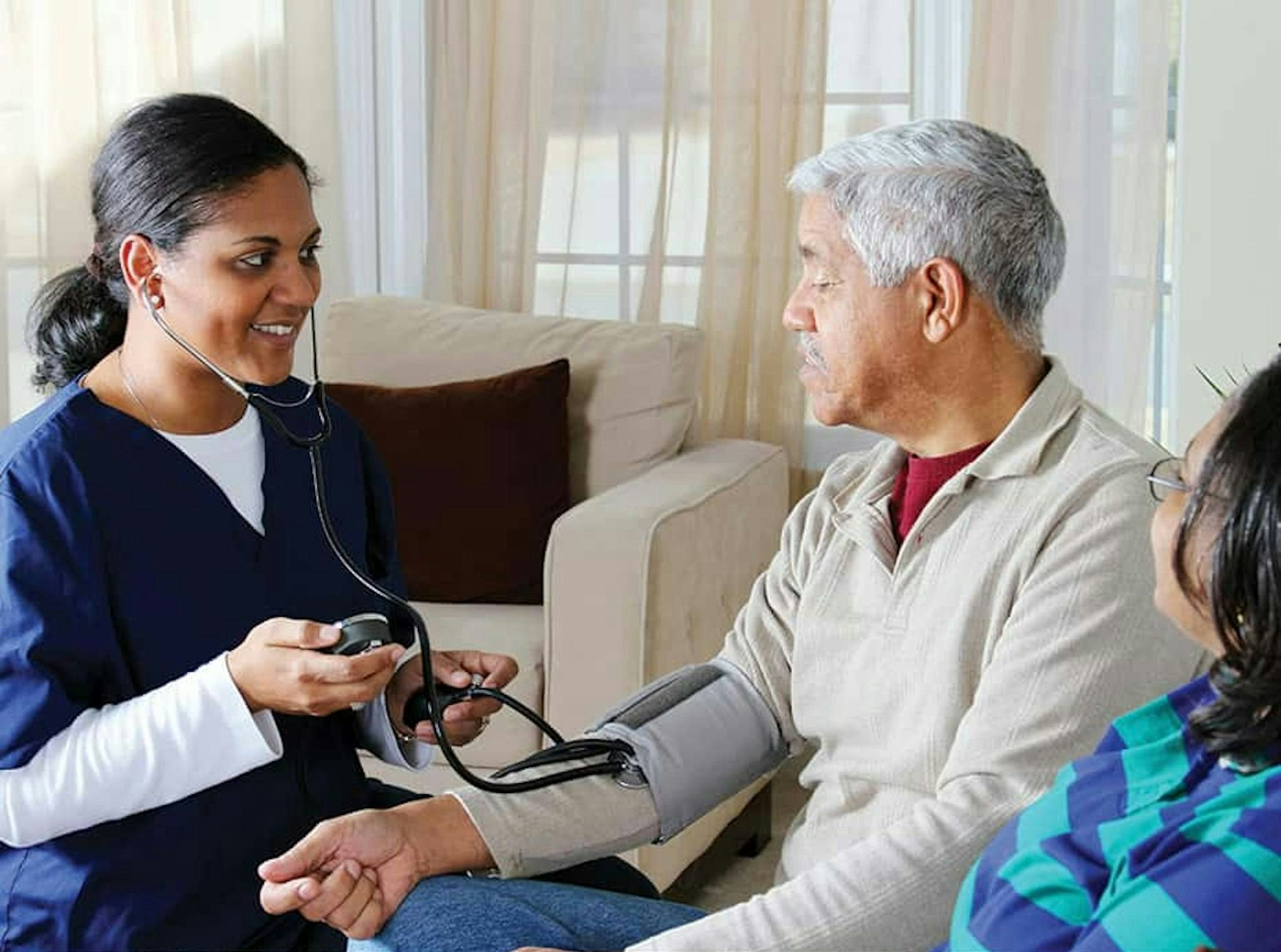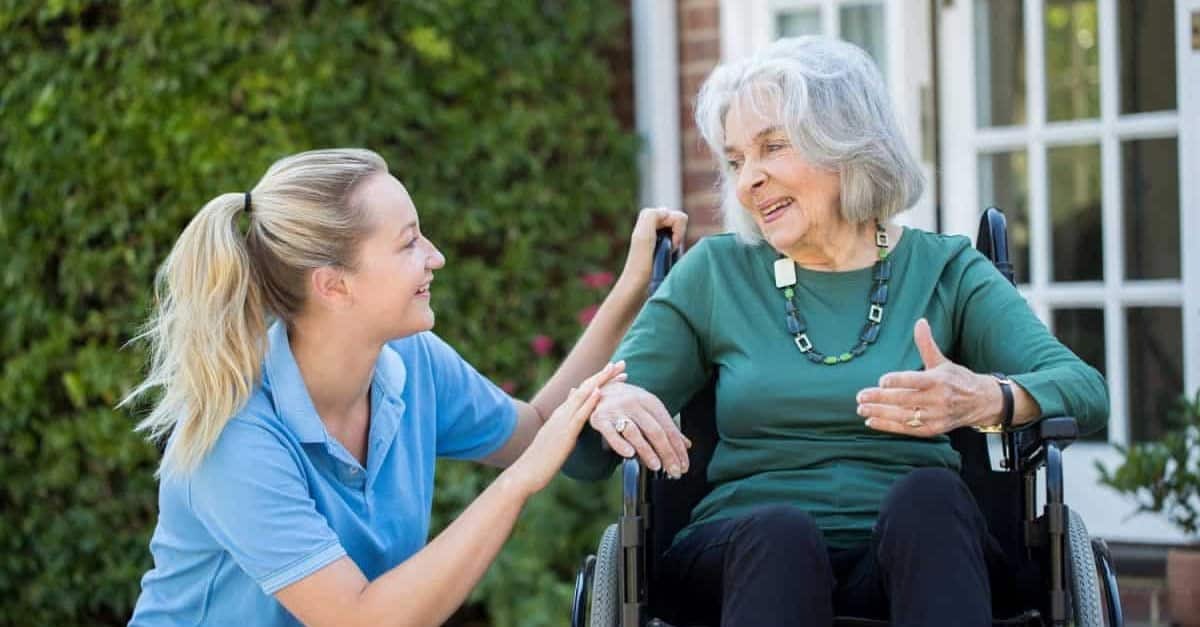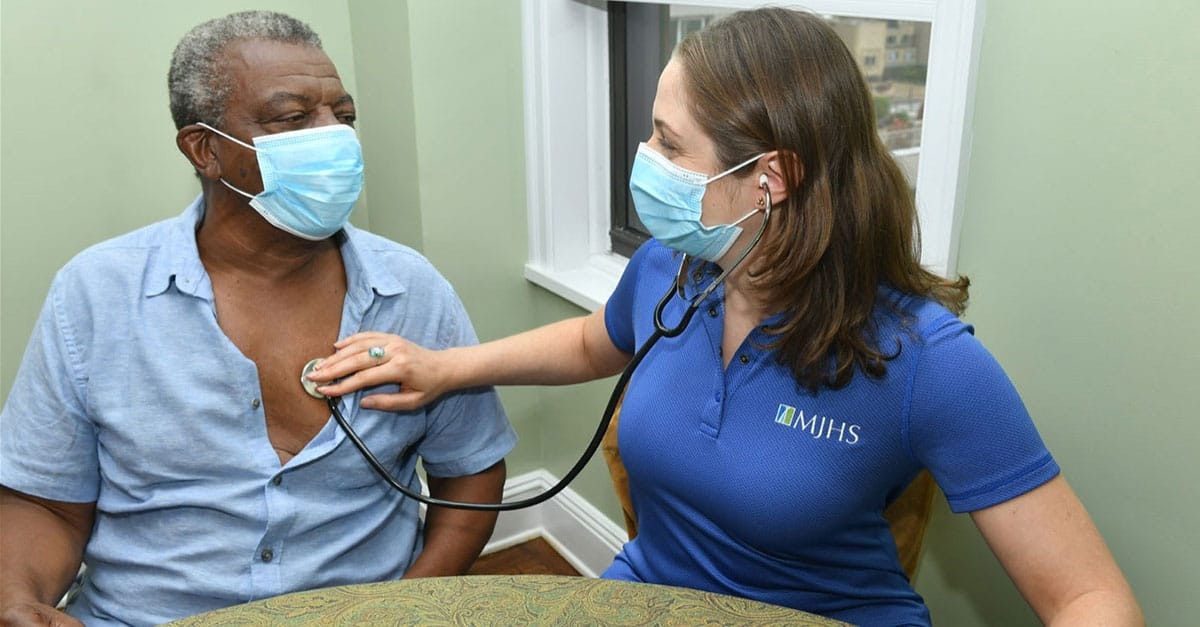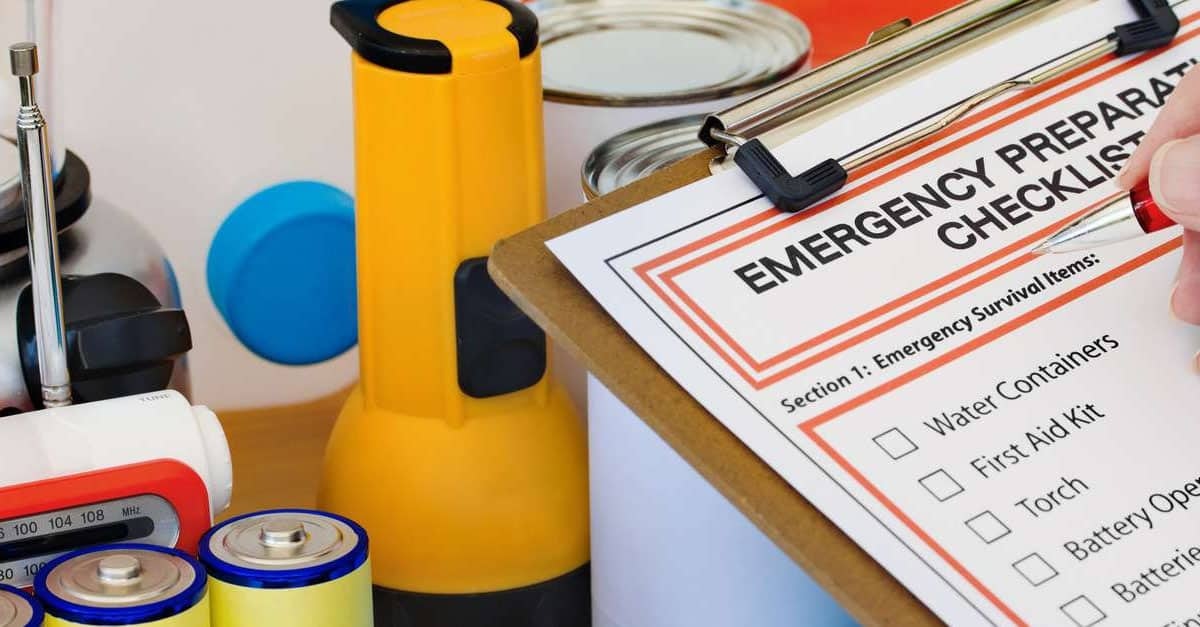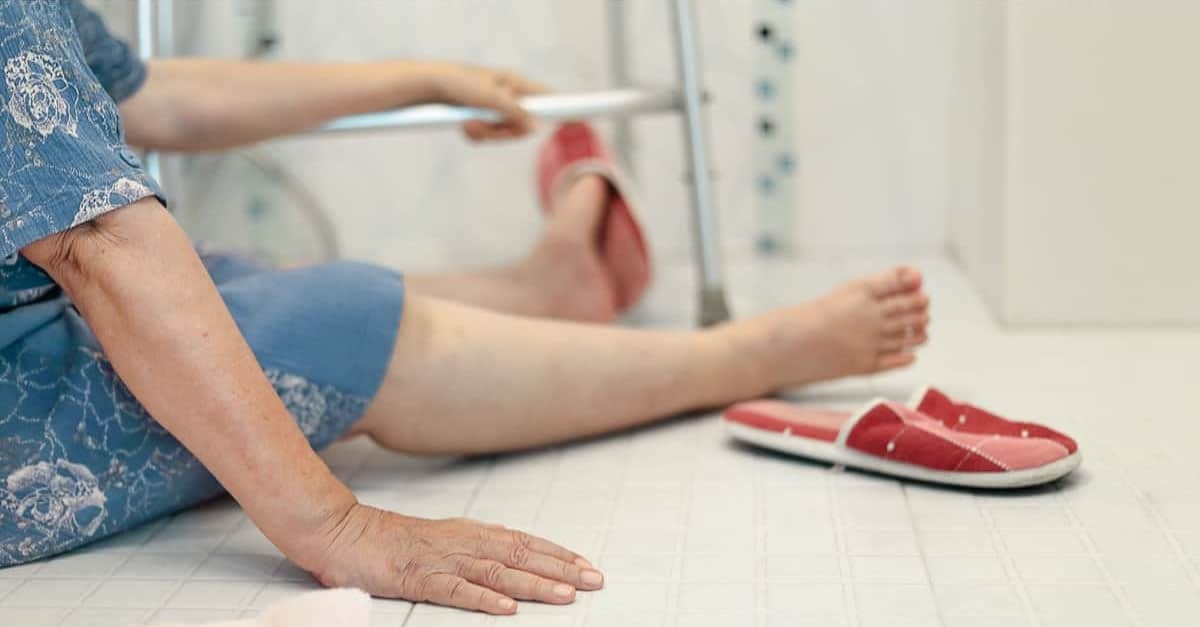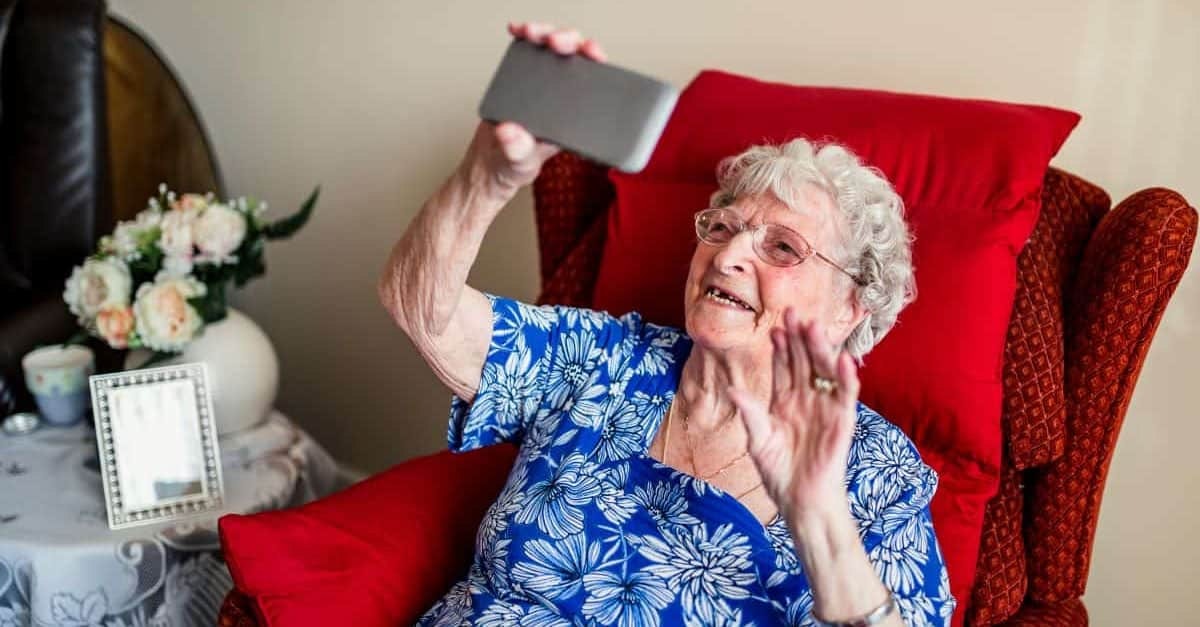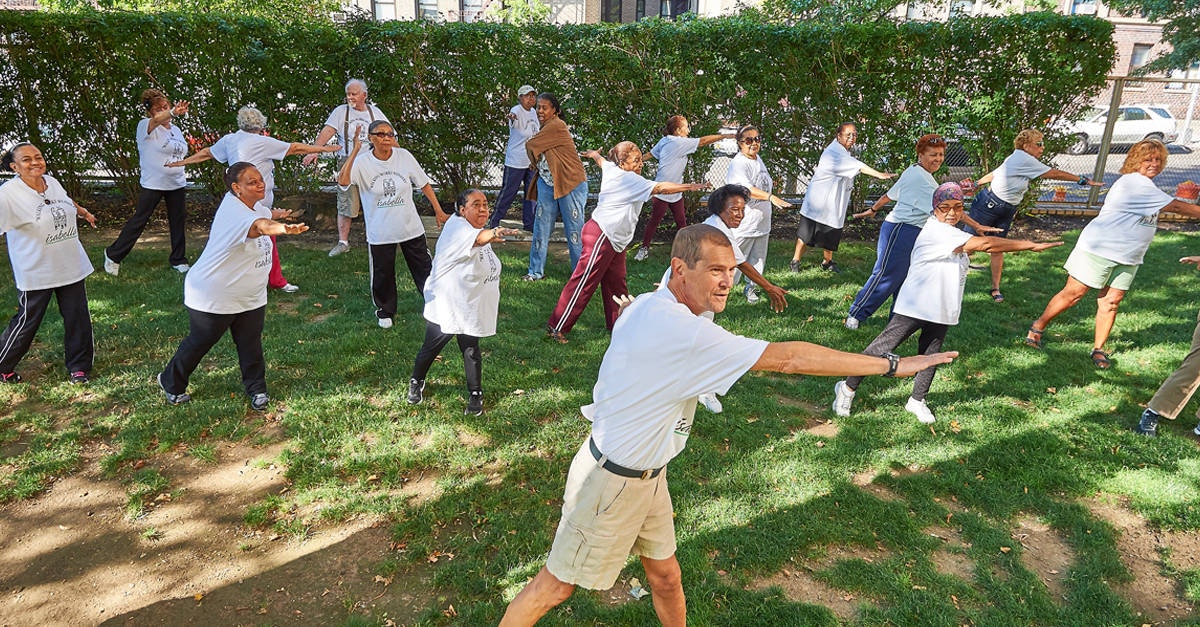Caring for a Loved One at Home

The home is commonplace to provide care for a loved one.
Whether you are helping them get back on their feet after being released from the hospital or whether you are helping them manage a chronic or advanced illness—we know you are dedicated to giving them the best care possible.
In this section, you can find resources to help you on this journey.
Need Home Care?
Contact 1-855-370-8317
Short-Term Rehab. A Guide.
Short-term rehabilitation, also known as short-term rehab or sub-acute rehab, is a specialized program designed to help individuals regain their maximum possible strength, mobility, and independence.
Getting Started with Home Care
How you initiate receiving home care support depends on whether you’re at home or about to be discharged from a hospital or inpatient rehab center.
Your Guide to Home Care
This guide will walk you through what home care is, who may benefit from it, how to get started.
What is Home Care?
Home care is a support service that helps a person remain safely in their home while dealing with health-related issues. There are various types of home care services that can be provided depending on the person's needs.
Protecting Your Loved Ones From Heart Disease
Congestive Heart Failure (CHF), also known as Heart Failure, is when your heart gets damaged and is not pumping enough blood to meet your body's needs. Learn more.
Options When Your Loved One Can No Longer Live Safely On Their Own
Know your options when you can no longer care for your family member at home. Explore options for long-term care using this guide developed by MJHS.
Congestive Heart Failure (CHF) and You
Congestive Heart Failure (CHF), also known as Heart Failure, is when your heart gets damaged and is not pumping enough blood to meet your body's needs. Learn more.
Warning Signs of Dementia
Dementia can be a scary word. Learn about the early warning signs and what to do if you're noticing symptoms.
Preparing for an Emergency
Being prepared for emergencies such as house fires, hurricanes, floods, or other natural disasters is very important. The following article can guide you on creating an Emergency Plan to prepare yourself on what needs to be done before, during, and after an emergency.
Preventing the Risk of Infection in the Home
If a family member has an infection, they may risk spreading it to a person who is “at risk.” The home and surroundings must be constantly kept as clean as possible. Take these steps to prevent infection in the home.
Oxygen Therapy and Safety Precautions
If you are caring for someone with a lung disease such as Chronic Obstructive Pulmonary Disease (COPD) or Congestive Heart Failure (CHF), their doctor may have prescribed oxygen therapy to get more oxygen to breathe. Learn some tips on using oxygen safely.
Preventing Fire Hazard in the Home
If a fire starts in your home, you will most likely have less than two minutes to escape. Early warning from a smoke detector can save your life. But having a working fire detector is not the only thing you can do.
Preventing Falls at Home
Falls are the leading cause of death when it comes to home accidents. They make up a third of all fatalities. Falls are common among older adults and may lead to fractures, hospitalization, rehabilitation, and long-term care. Learn how to prevent falls at home with these tips.
When Your Loved One is Far Away: Tips for Long-distance Caregiving
Caring for a loved one far away can be difficult. Read some helpful tips on how to manage some of the most common challenges.
Motivating Your Loved One to Participate in Activities
Understand the varied benefits of keeping seniors active and learn how to overcome challenges to motivate them.

